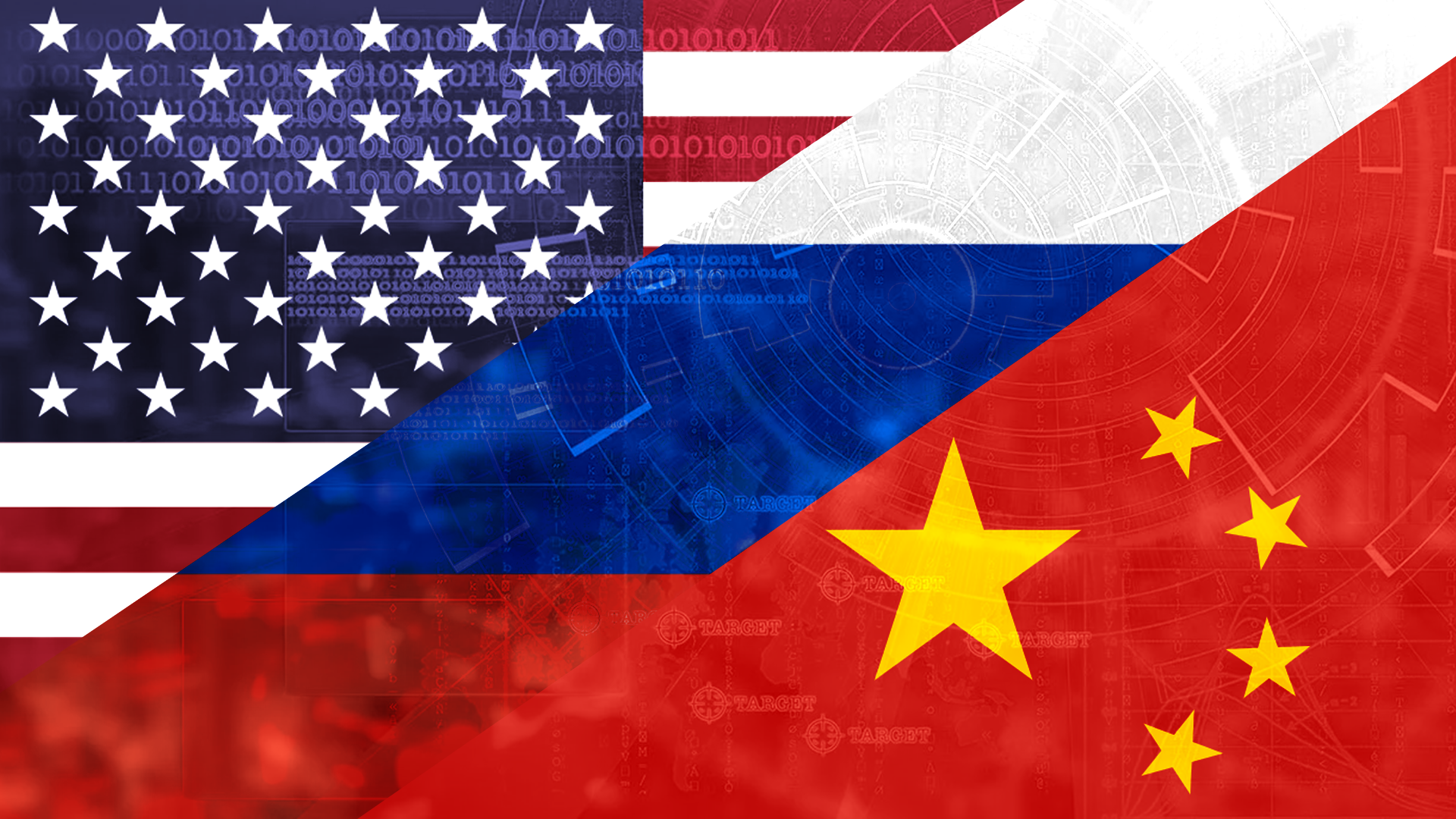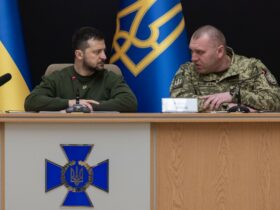We are in the middle of a process where the effects of the new multipolar world are being strongly felt, especially in areas where the United States has lost its former power or had been forced to abandon, as a result of its loss of global power all over the world.
The collapse of the unipolar world causes the political fault lines to break down more and creates new contradictions, new models of solutions and new alliances.
The Biden administration, which came to power with a controversial election after the raid on the Capitol Building, is trying to find new ways to hold this decline, and to balance the global situation with even more aggressive steps.
Accordingly, the actions taken by the US against Russia and China are more focused on some energy and trade lines already in use by these countries or planned to be activated soon.
US actions to separate Russia away from Europe
As soon as sworn into the office, the Biden Administration’s Secretary of State Anthony Blinken started attacking the NordStream 2 project. This project would allow the flow of the Russian gas to Germany, the European Union’s locomotive member, via the Baltic Sea.
Blinken has declared concerning the project that “The US has been tracking those entities believed to be involved in the project (…) The pipeline is a Russian geopolitical project intended to divide Europe and weaken European energy security”.
Therefore, it is clear that the United States is trying to prevent Russia from physically reaching Europe through the NordStream pipeline, and to prevent Germany from returning to its Ostpolitik in the 70s.
Another aspect that Washington is trying to disrupt is the connection between Russia and Europe in the Ukraine.
While the war provoked in the Ukraine carries the country to the edge of division, the photos of the US Military Attaché Brittany Stewart clearly show that the US mounts up preparations for an armed conflict between Russia and the Ukraine.
In that context, it is worth taking notice of the US war ships that will pass through the Turkish Straits. These ships do not only carry the message of support to Ukraine, they also display the US plan to sabotage Russian-Turkish relations.
The situation I have been trying to describe, that is, the US blockage of Russia’s channels to Europe through either the Baltic Sea, Ukraine or the Turkish Straits, will be clearly understood when you take look at the map of this region.
Attempts to surround China
As demonstrated by the meeting between the Chinese and American diplomats in Alaska on March 18th, where some tough statements were made, the Biden administration is going to pursue policies that heavily ignore Kissinger’s warnings that “a US-China conflict would be catastrophic”. This happens in spite of the fact that Kissinger is considered to be the brain of the US State Department.
Washington is accelerating its efforts to surround China, using the propaganda on Uighurs, Taiwan and Hong Kong. Its attempts to intervene into the developing relations between China and Arab countries need to be evaluated in this context.
Washington’s main target here is to prevent China from reaching West Asia and Europe through the Belt and Road Initiative.
In this regard, the Biden Administration can be expected to engage in some new provocations in Central Asia, which forms the main land corridor of the Belt and Road Initiative, in the coming period.
The response to the US and the debate about the Russian-Chinese Bloc
Of course, there are some retaliation moves against the Biden Administration’s aggressive actions.
The five-point Initiative for West Asia, announced by the Chinese Foreign Minister Wang Yi during his West Asia visit last month, is very interesting in this context.
The Chinese Initiative included the following items;
1. “Advocating mutual respect. The Middle East is home to unique civilizations which have cultivated unique social and political systems. (…) It is important to change the traditional mindset and see Middle East countries as partners for cooperation, development and peace, instead of simply perceiving the Middle East through the lens of geo-competition.
2. Upholding equity and justice. Nothing represents equity and justice in the Middle East more than a sound solution to the question of Palestine and earnest implementation of the “two-state solution”.
3. Achieving non-proliferation. Based on the merits in the evolution of the Iranian nuclear issue, relevant parties need to move in the same direction with concrete actions, and discuss and formulate the roadmap and time frame for the United States and Iran to resume compliance with the JCPOA.
4. Jointly fostering collective security. It is important to encourage equal dialogue and consultation, mutual understanding and accommodation and improved relations among Persian Gulf countries.
5. Accelerating development cooperation. Enduring peace and security in the Middle East requires development, cooperation and integration.”
The comprehensive cooperation agreement signed between the Beijing and Teheran within this doctrine, and the Chinese offer to mediate on the Palestinian issue, indicates how actual this initiative is.
It is also worth noting that there have been many positive developments between Turkey and China, especially in the financial sector, as part of this process.
The aforementioned initiative and other concrete developments can be seen China’s attempts to push the United States out of the West Asia.
The Russian Foreign Minister Sergei Lavrov made historical statements during his visit to India. Lavrov said, “the Russian-Chinese relations are at their highest point in history, but these relations do not pursue the goal of establishing a military alliance. We have fixed this in our bilateral relations adopted at the highest level. (…) We believe that such a military alliance is counterproductive and we are interested in an inclusive cooperation that is for something and not against something”.
Lavrov’s statements suggest that Russia and China do not wish to push Europe into the Atlantic-Asia division cliché to and lose India, the country where that statement was made.
Therefore, it can be said that China and Russia will not force the “intermediate forces” to choose sides, when they retaliate against US actions, thus taking an indirect approach.
Let us also note that Lavrov has invited the EU countries to the Greater Eurasian Partnership, which the Russian President Vladimir Putin has initiated back in 2016 including the countries of the EAEU, SCO and ASEAN, in the immediate aftermath of this statement.
The questions that emerged with the multipolar world order
The above-mentioned developments are symptoms of a multipolar world.
And these symptoms come with some new questions;
1. How does Russia define its own role within the Chinese Belt and Road Initiative?
2. Are the Greater Eurasian Union and Belt and Road Initiative complementary projects?
3. How should fact that Russia and China do not act as a unified bloc/front be evaluated?
4. After the crisis in the Suez Canal, some proposals of alternative trade routes came up from both Turkey and Russia. Concerning the debate where exactly the Belt and Road will arrive in Europe: Is it possible to establish a system of rotation based on the win-win principle, instead of accessing the issue within a competitive and tension creating zero-sum game approach?
I will look for the answers of these questions with the developments of the time, in my next articles.

















Leave a Reply